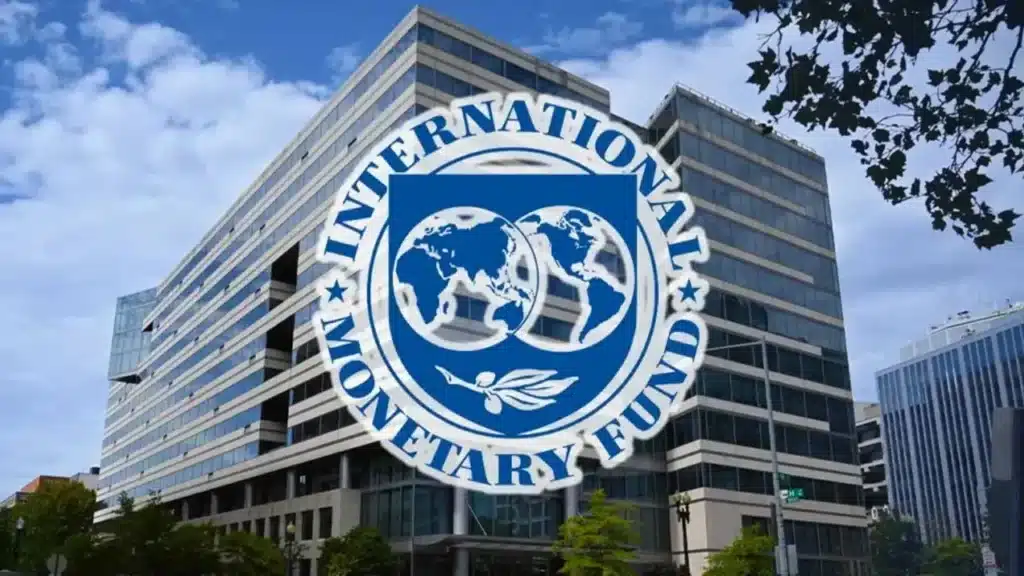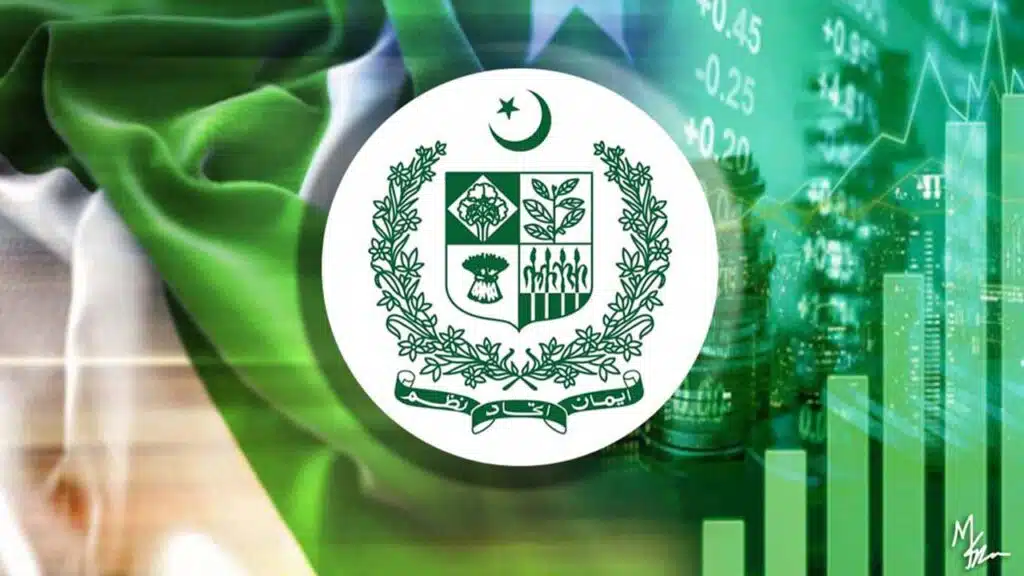Pakistan’s Finance Minister Muhammad Aurangzeb said the recent military confrontation with India will not significantly strain public finances and can be managed without a fresh economic review.
“This was a short-duration escalation,” Aurangzeb said in an interview with Reuters on Monday. “It can be accommodated within the fiscal space available to the government of Pakistan.”
Tensions between the two nuclear-armed neighbours flared following an April 22 attack on Hindu pilgrims in Indian Kashmir that left 26 dead. The incident triggered the worst cross-border fighting in over two decades, before a ceasefire was brokered by the United States over the weekend.
Aurangzeb declined to comment on whether military spending will rise in the upcoming federal budget, due in July, but said defence needs would be met.
Trade talks with Washington—central to the de-escalation—are expected to gain momentum in the coming weeks. Aurangzeb said Pakistan is looking to expand imports of US cotton, soybeans, and potentially invest in other sectors, including hydrocarbons.
US President Donald Trump on Monday said trade was a key factor in securing the ceasefire, adding that Washington is ready to assist both sides further.
Pakistan currently faces a 29 per cent tariff on exports to the US due to a roughly $3 billion trade surplus, though the duty has been paused for 90 days since April.
Separately, the International Monetary Fund on Friday approved a $1 billion disbursement to Pakistan as part of its $7 billion bailout. Aurangzeb said the funds will arrive on Tuesday. The IMF also cleared a new $1.4 billion loan under its climate resilience program.
Budget talks with the IMF are scheduled from May 14 to 23. Aurangzeb said the government expects to finalise its fiscal plan for the next year within the next month.
On the Indus Waters Treaty, which India suspended last month, Aurangzeb expressed confidence it would be reinstated. “There’s no immediate impact,” he said. “We don’t even want to consider a scenario where the treaty is not restored.”






